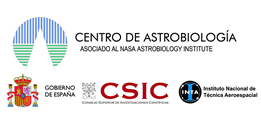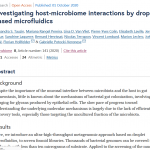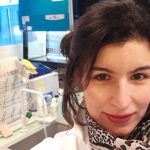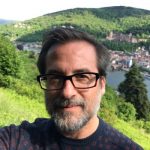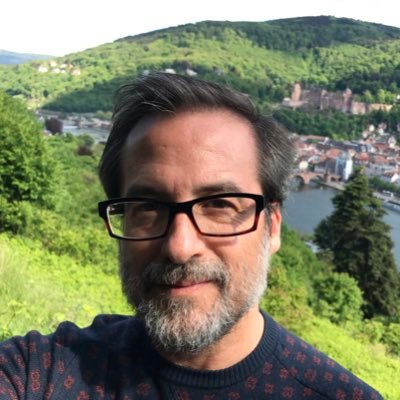
Today, let’s introduce Dr. Eduardo González Pastor, from Partner CSIC (Spain)
Eduardo González Pastor is a Senior Research Scientist at the Center of Astrobiology (CSIC-INTA) in Madrid, Spain. His research focuses on the mechanisms of adaptation of microorganisms to extreme conditions using metagenomic and metatranscriptomic approaches. Find out more about him in this latest “Meet the MetaFluidics team” interview!
- How did you become a scientist ?
From a young age, nature fascinated me, I spent hours in the field, observing and collecting plants and insects and also had a microscope with which I observed microorganisms. My passion was to become a naturalist. Finally, I did a degree in Biology and specialized in microbiology and molecular biology. Until my postdoctoral stage I was studying model bacteria and when I was an independent researcher at the Center for Astrobiology, I resumed contact with nature and began studying microorganisms in their natural environment. This has led me to study microbial communities in various extreme environments such as Rio Tinto, Andean hypersaline lakes, Atacama and Antarctica.
- What are the main topics you are currently working on?
My research work is basically focused on the study of the adaptation mechanisms to extreme conditions in microorganisms, such as UV radiation, high salinity, acid pH, toxic metals, etc. The main objective is to understand how extremophilic microorganisms can adapt to these conditions. On the other hand, the information obtained is being used to expand the capacity of other organisms such as plants to resist more extreme conditions. In addition, I am interested in the social behavior of microorganisms, and in the laboratory, we are studying the ability to produce extracellular DNA by Bacillus subtilis and its relevance in communities formed by this bacterium.
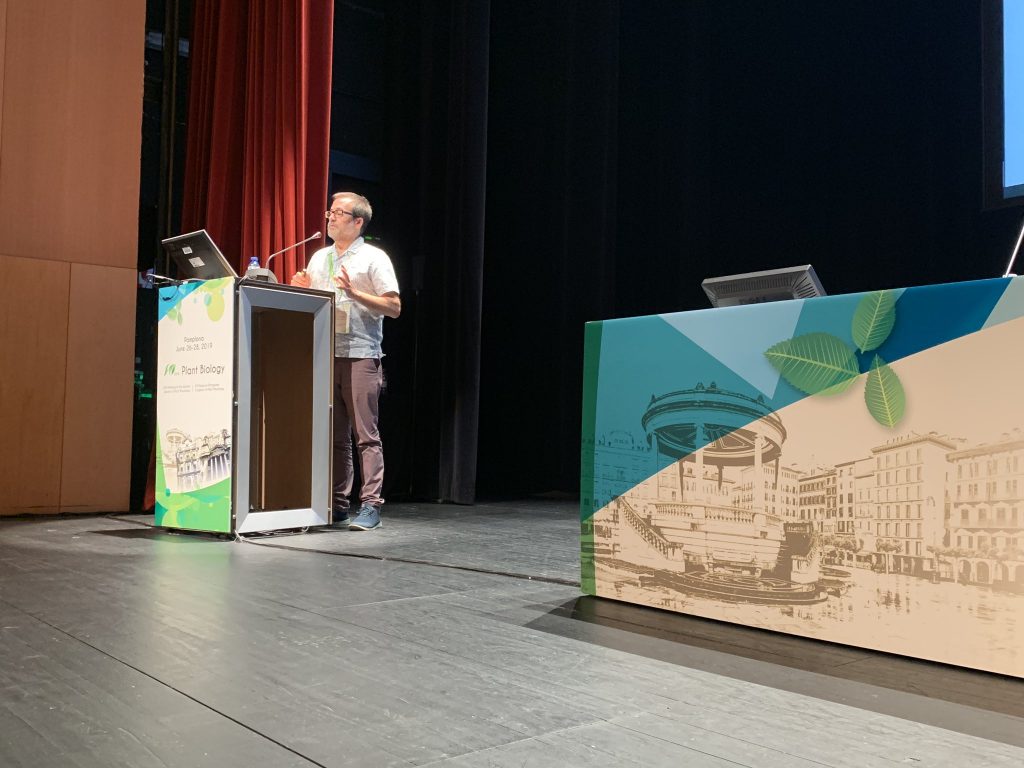
- Which problem would you like to solve / contribute to in the future?
I am concerned about the emergence of multiple antibiotic resistance in pathogenic microorganisms, and I would like to contribute to the development of new strategies and antibiotics. But for that, we need to understand even better how microorganisms work. Even in the best studied model bacterium, Escherichia coli, we do not know the function of 2000 genes, almost half of the proteins that are encoded in their genome. The lack of knowledge of the functioning of microorganisms makes it difficult to address more sophisticated strategies to combat those that are pathogenic.
- What is exactly your role in the MetaFluidics project?
I am the PI of the CSIC group and we are contributing to generate molecular tools and protocols to express metagenomic libraries in hyperhalophile hosts to perform functional searches. On the other hand, we are also identifying new genes and adaptation mechanisms to extreme conditions, such as UV radiation and cold temperatures.
- What have you learnt from the international / European experience within the MetaFluidics project?
Collaboration between research teams from different disciplines and countries must be encouraged more strongly to successfully address any scientific problem, without damaging the individual creativity that has allowed scientific knowledge to advance.
- A trickier question now… In your opinion, could humans live on other planets like Mars?
Yes, it will be possible, but we are still far from being able to do so. More research is still needed to create life support systems that allow human communities on Mars to be supplied autonomously, without having to transport food from planet Earth.
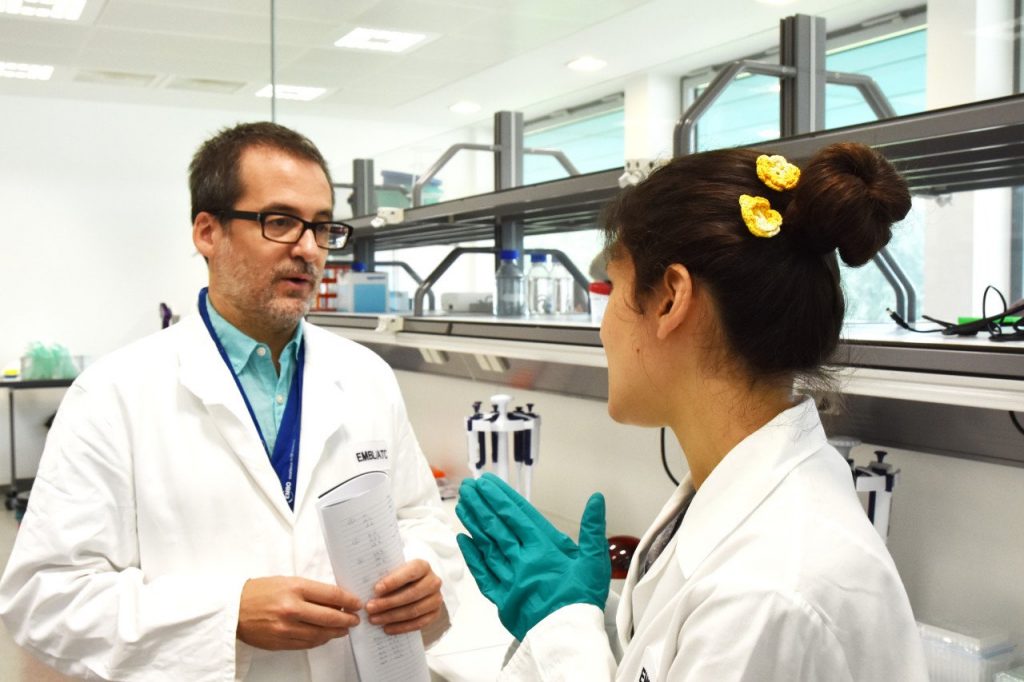
Dr. Eduardo González Pastor was also one of the main organisers at the EMBO Practical Course: Microbial Metagenomics: A 3600 Approach (12 – 19 June 2019). You can read more about him in the following interview:
For more information about the Center of Astrobiology at Partner CSIC, please visit their webpage: http://www.cab.inta.es/en/inicio
